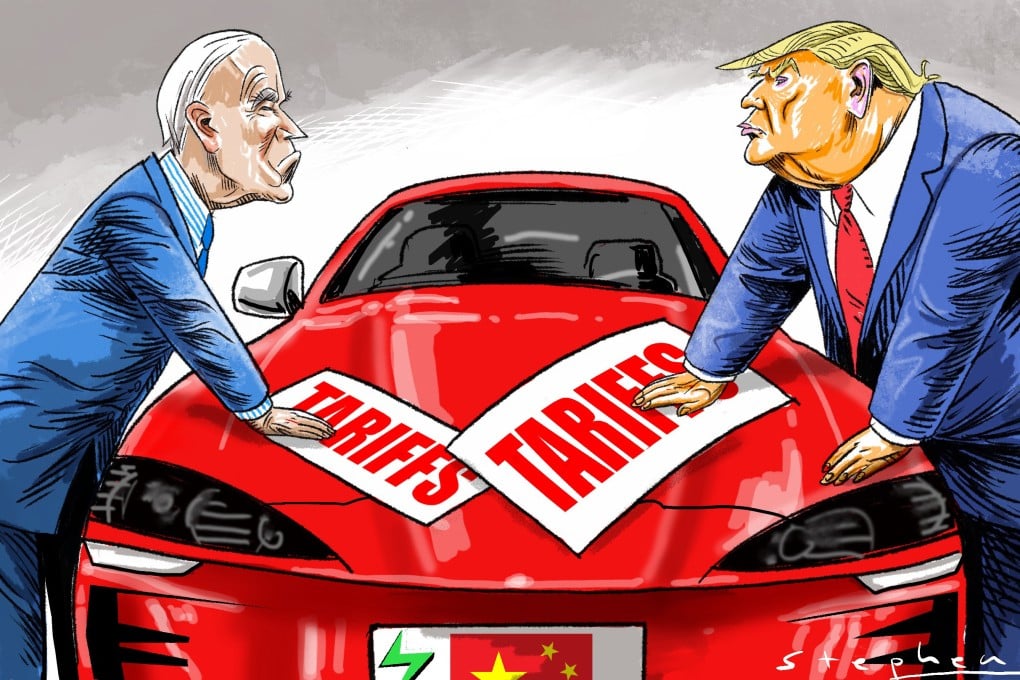Opinion | The West can’t have it both ways on overcapacity
Tariff wars on China not only expose a double standard around Western manufacturing but also erode the institutions of fair trade

Political hypocrisy is a contradiction between a state’s professed ideals and actual practices – an inconsistency that undermines the coherence of its professed moral and political views. As philosophers, we would say that, at its core, hypocrisy violates the principle of non-contradiction: if you simultaneously hold and act against a particular value, you engage in a form of self-defeating reasoning.
The hypocritical agent is thereby legitimately seen as immoral, deceptive and lacking in seriousness. At any rate, the agent loses credibility and undermines the integrity of their political relationships with their counterparts.
In academia, we are interested in how hypocrisy affects multilateral relationships and political trust. At the moment, we have a particularly glaring case of hypocrisy – the destructive tariffs against Chinese electric vehicles (EVs).


